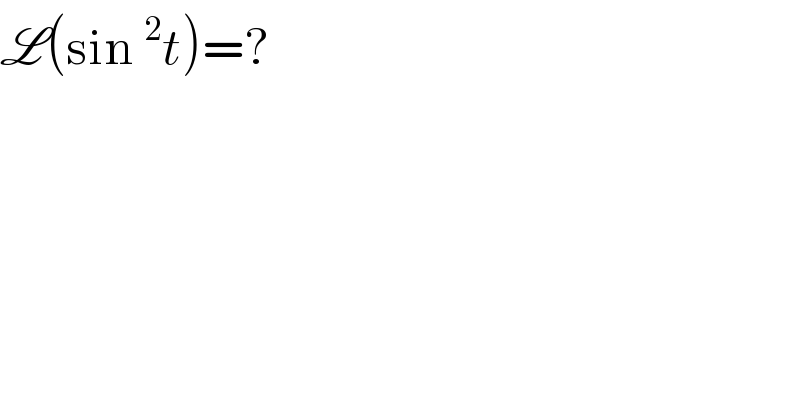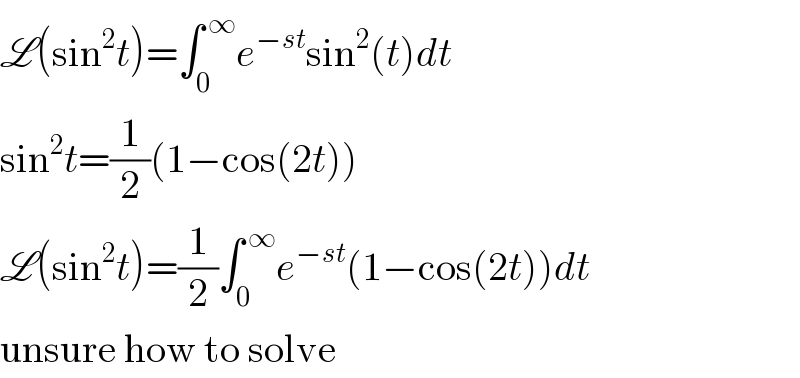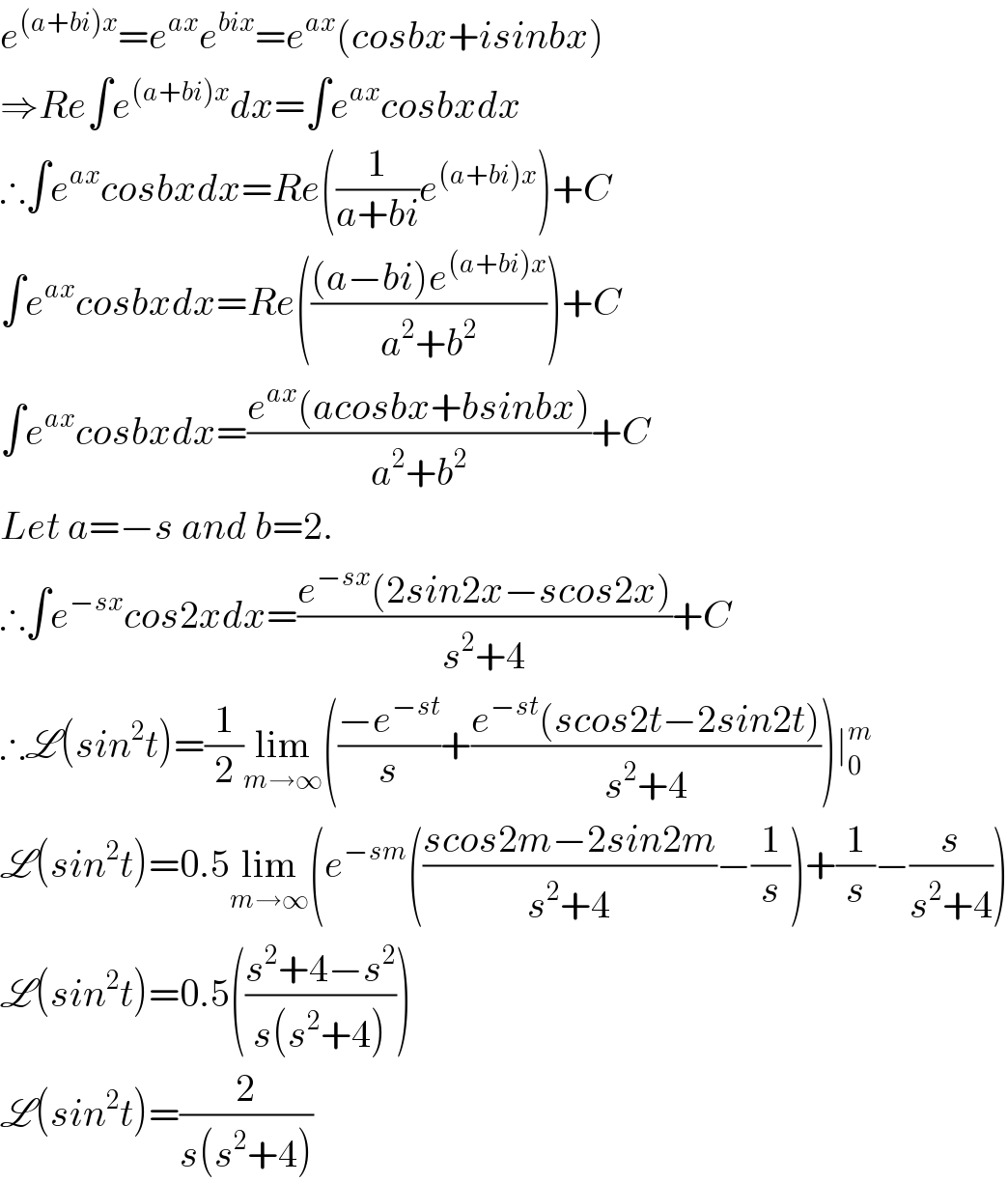
Question and Answers Forum
Question Number 5629 by LMTV last updated on 23/May/16

Commented by FilupSmith last updated on 23/May/16

Commented by LMTV last updated on 23/May/16

Commented by FilupSmith last updated on 23/May/16

Commented by Yozzii last updated on 23/May/16

